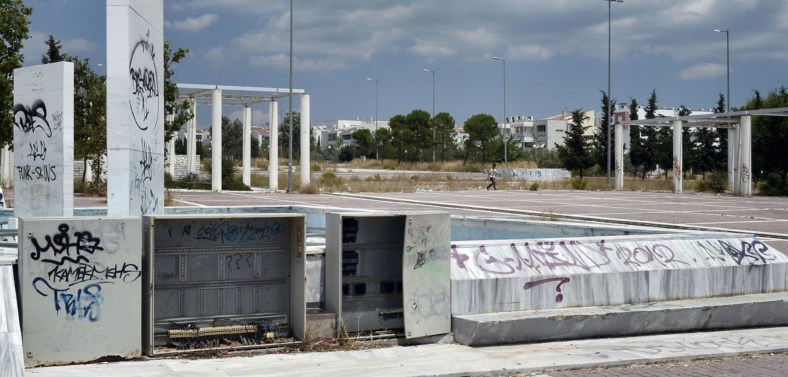
The city of Montreal hosted the 1976 Summer Olympics. And it was a downright disaster from a financial standpoint. According to a report from CNN, the city faced a $1.5 billion debt that took 30 years for the city to pay back.
This has been an issue for countless host nations and cities since the advent of the modern Olympic games. Due to a combination of mismanagement from local authorities, miscalculation of the buildings needed for the Olympics and other situations, cities who end up with the winning bid normally also end up losing out. And in the process, so do the citizens.
There is not a better example than the 2004 Athens Olympics in Greece.
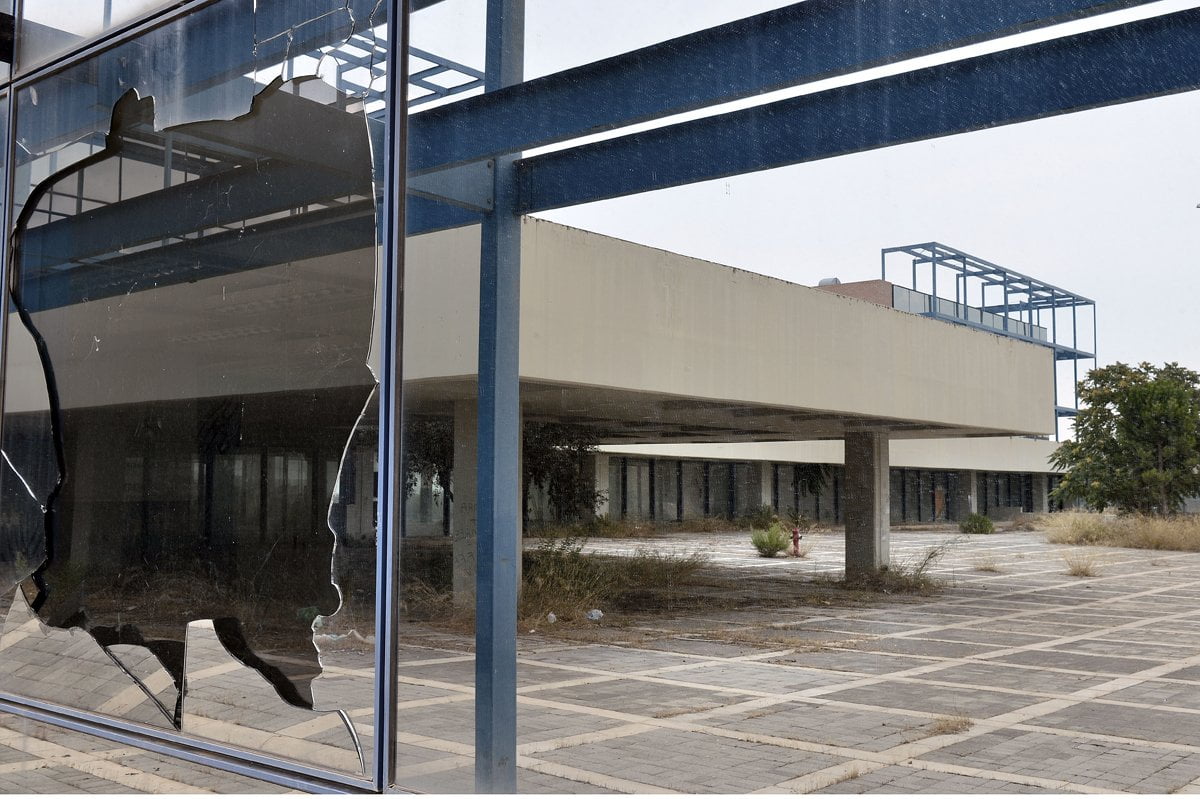
Courtesy of Business Insider: Olympic Village 10 years later.
The original plan for the Olympic village, which housed athletes from around the world, was to set up low-income housing for residents of Athens. As you can see above, that never materialized. A building that cost hundreds of millions to erect is now part of a larger ghost town.
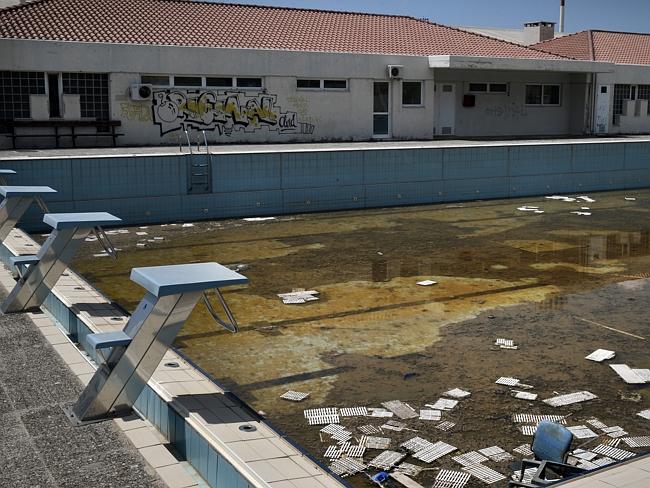
Courtesy of news.com.au: Another view of the old Olympic Village.
Do you realize how many low-income familes could have been housed at the Olympic village in Athens? After footing the bill for some of the construction prior to the Olympics, taxpayers in Greece were left out in the cold due to false promises from local and national leaders.
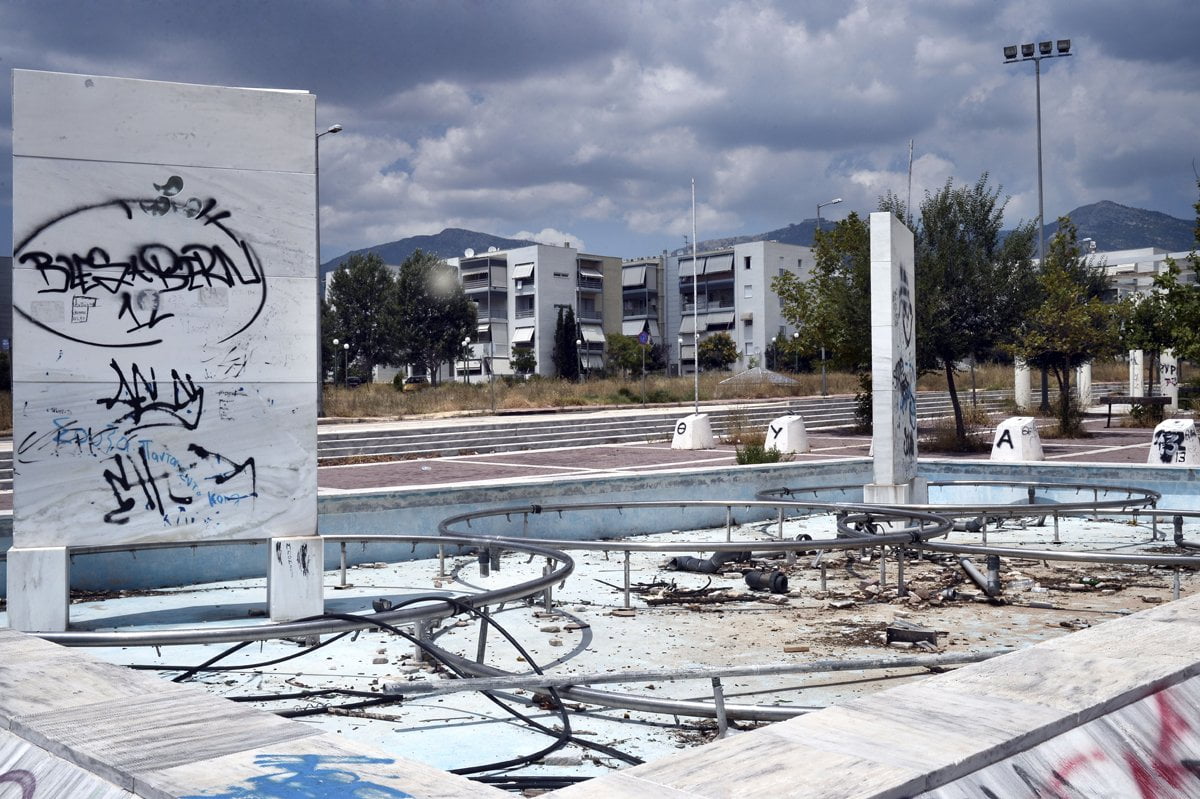
Courtesy of Business Insider
The area where the Olympics were held looks more like the slums than what once held one of the biggest sports spectaculars in the world.

Courtesy of CNN.com
United States economist Andrew Zimbalist had this to say about host nations and their promise of economic development (via Associated Press).
At the end of the day, the main benefit to be had seems to be a feel-good experience that the people in the host city or the host country have…But that’s a fleeting experience, not something that endures. Why couldn’t Athens have simply invested … in development and transportation and communications and infrastructure, and not hosted the Olympics?
And that’s the billion-dollar question (quite literally) facing potential host nations moving forward. At this time of economic unrest throughout the globe, how can a country justify the potential of a devastating financial loss in lieu of promoting domestic growth.
This was brought to the forefront to an extent when Brazil hosted the 2014 World Cup. According to a United Nations report from 2013, Rio De Janeiro has some 2,500 homeless people.

This didn’t stop Brazil from spending $3.6 billion on the 12 new and refurbished stadiums that it needed in order to host the World Cup (via Fivethirtyeight.com).
In terms of long-run development potential, of most concern to economists is the $3.6 billion in total spending on the 12 new and refurbished stadiums that are being used for the event.
Unfortunately, cost overruns at the sports venues increased stadium costs by at least 75 percent over the original estimates. Because of these increases and project delays, Brazil was forced to divert its resources away from general infrastructure projects that may have had greater long-run growth potential in order to focus on a mad scramble to finish the stadiums in time for the first whistle.
Surely Brazil’s worldwide image may have profited from hosting the event, but at what cost? How can you look at the image below and come to a conclusion that it made sense for Brazil to host said event with the socioeconomic disaster that has plagued the country for decades now?

If that doesn’t alarm you, I am not sure what will.
Back to the Olympics for a second here. Many Western European nations dropped out of the bidding for the 2022 Summer Olympics after the record $51 billion price tag for Sochi 2014 was reported. In reality, Sochi itself will likely lose countless billions simply by hosting the summer games.
According to Bloomburg, Greece became the first European Union country to be placed under fiscal monitoring by the European Commission just one year after the 2004 games ended. While the Greek taxpayers were on the hook for €7 billion due to the Olympics, it’s highly unlikely that alone brought upon the economic collapse. But this Bloomburg article also brings up an extremely valid point.
With public debt totaling €168 billion in 2004, it’s clear that the Olympics alone did not bring about an economic collapse. Yet the Athens Games epitomized the structural problems that bedeviled the country for decades. It’s not just a question of how much money was spent on the Olympics, it’s also how it was spent and where it came from.
Again, we have to look at money mismanagement and potential corruption when it comes to both the IOC (International Olympic Committee) and leaders in Greece. After all, there is absolutely no reason that a venue that once looked like this…
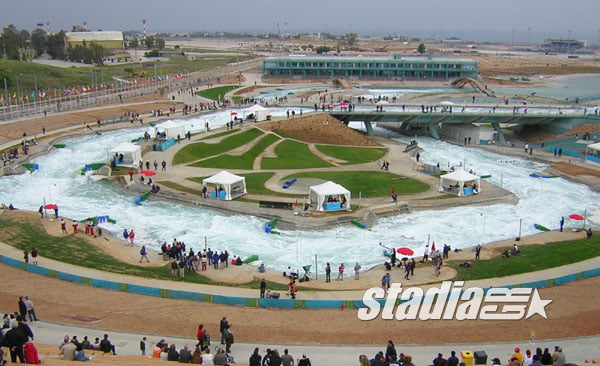
Should look like this a decade later…

Courtesy of Business Insider.
Looking at it from a structural and economic standpoint makes sense. The two go hand in hand. If Greece, or any other nation that has had economic issues relating to hosting an international event, had decided to invest its resources on other domestic issues, the country itself would be better off. More than that, if they simply didn’t forget about the infrastructure that was built, these areas could be used for something worthwhile.
Boston, Los Angeles, San Francisco and Washington D.C. are all vying for the “right” to host the 2024 Summer Olympics. All four of these metropolitan areas have serious economic issues embedded within them.
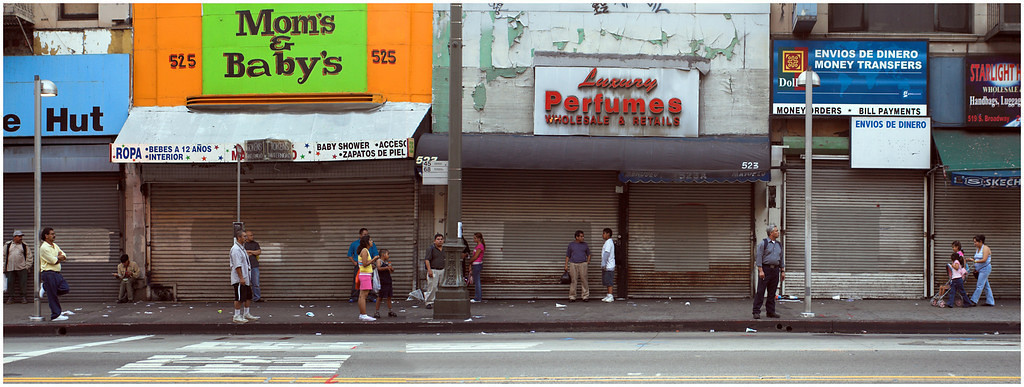
Courtesy of LA Times: Why not invest in local businesses and neighborhoods?
The idea of taxpayers potentially helping foot the bill for a multi-billion dollar venture into the international event when the money could be better used for domestic concerns makes little sense. Heck, how about helping build a football stadium in Los Angeles that would eventually end up employing thousands over the long run?
And there are those out there who are voiced their opposition to these cities putting in a bid. At the very least, it is something to think about. Being recognized on the world stage as an economic super power, which comes with hosting the Olympics, is one thing. Accepting that generic distinction in lieu of economic well-being down the road, is a completely different thing.
Photo: Business Insider